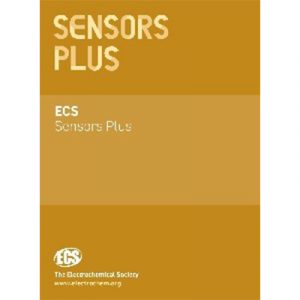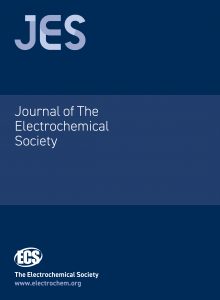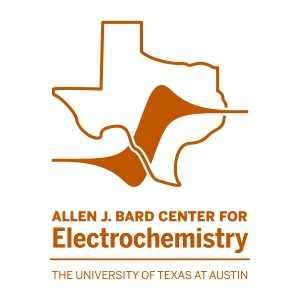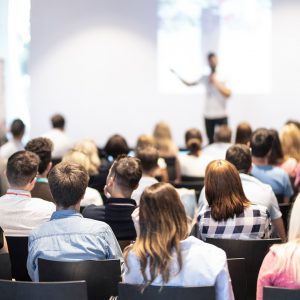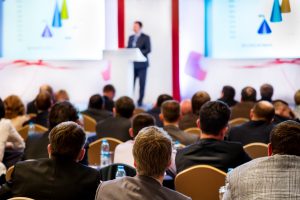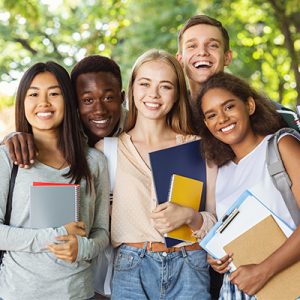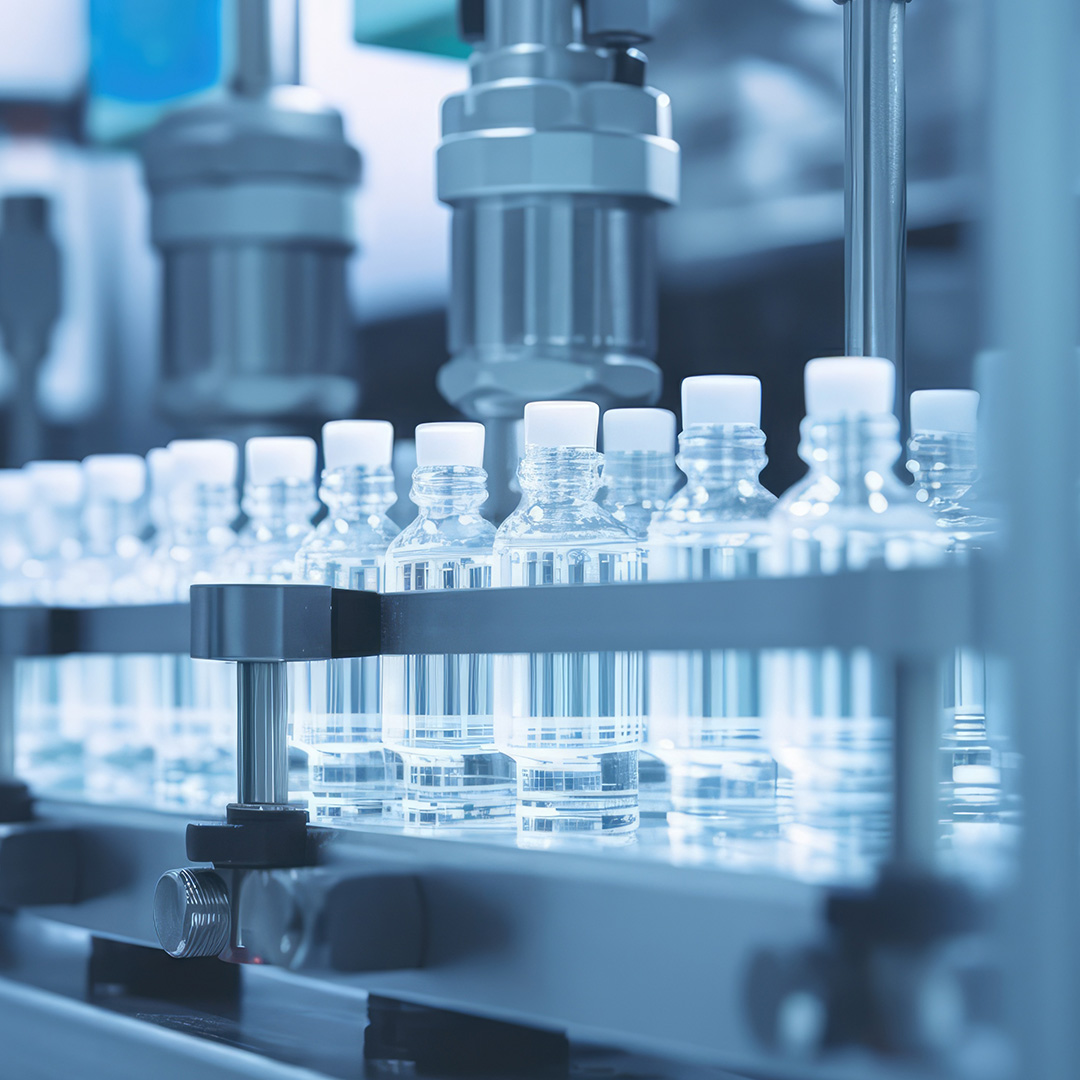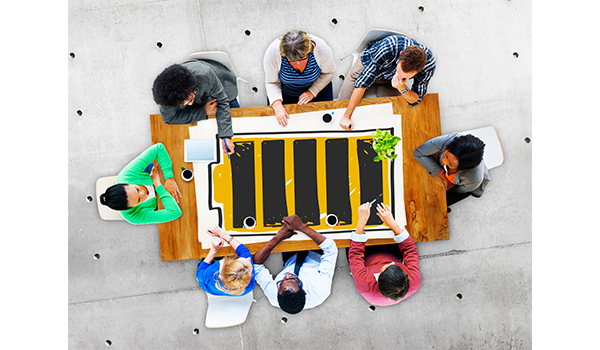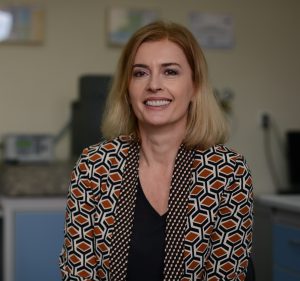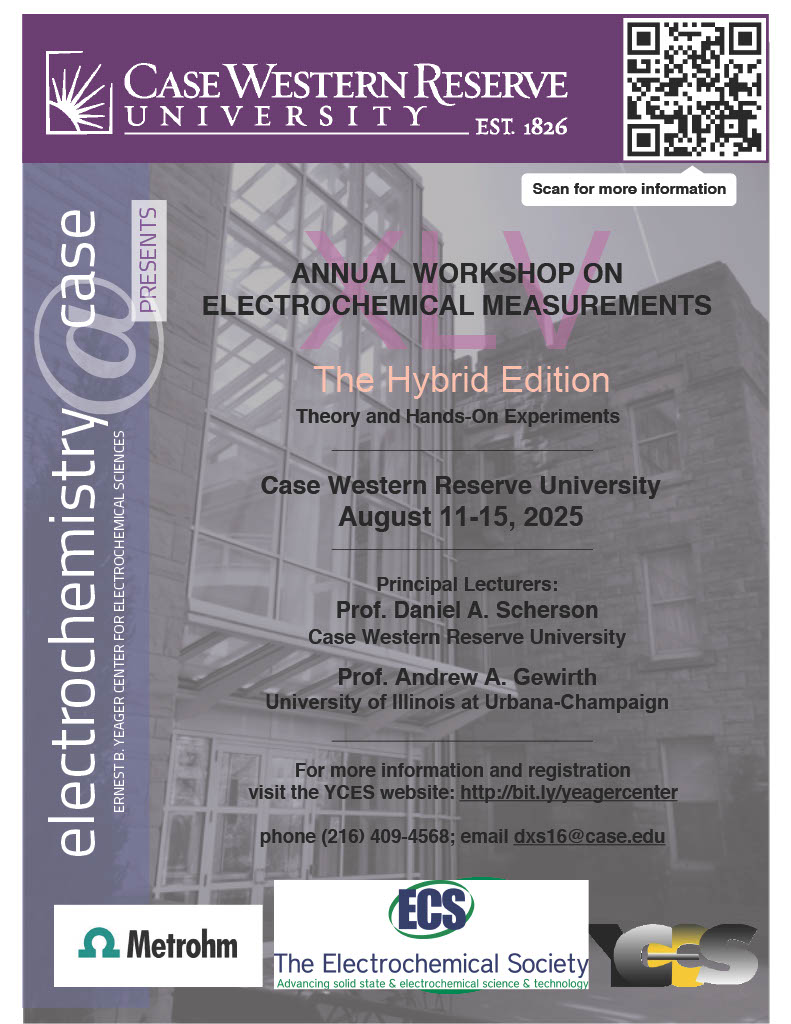 August 11-15, 2025 | Case Western Reserve University
August 11-15, 2025 | Case Western Reserve University
The Ernest B. Yeager Center for Electrochemical Sciences (YCES) at Case Western Reserve University hosts the 45th Annual Workshop on Electrochemical Measurements from August 11–15, 2025. The Electrochemical Society (ECS) is proud to serve as a name-only sponsor of this longstanding and impactful event.
Held on the Case Western Reserve campus in Cleveland, Ohio, this hybrid-format workshop provides a rare opportunity for academic, industrial, and government lab professionals to gain both theoretical and practical knowledge in the field of electrochemistry. With its faculty comprised of internationally recognized experts, the YCES Workshop has become a cornerstone event for deepening understanding of electrochemical science and its wide-ranging applications.


